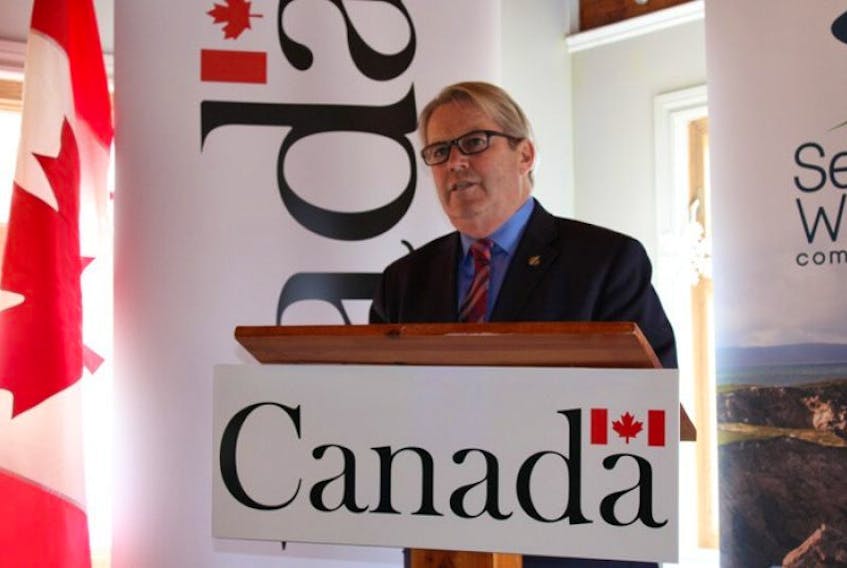Losing Liberal MPs in Atlantic Canada collected cumulatively more than half a million dollars in severance pay following the October election.
Across the region, a total of five MPs who lost their seats — and one who opted not to run — will walk away with between $89,000 and $98,000.
Only MPs with fewer than six years of service are eligible for severance pay, which amounts to half of their $178,900 annual base salary plus half of what they were making for being a member of cabinet, a parliamentary secretary, or chair of a standing committee. For example, Alaina Lockhart, former MP for the New Brunswick riding of Fundy Royal will receive severance of $98,200,
That includes $17,500 for her role as parliamentary secretary to the minister of Immigration, Refugees and Citizenship.
Colin Fraser, who decided not to run again in his Nova Scotia riding of West Nova but only served four years, will get $89,450 as he was only making the MP base salary.
The severance packages are meant to compensate those who don't last the six years required to collect a pension or who can't collect their pensions yet because they are too young.
Here's how it works:
- MPs with more than six years of service get a pension at age 55, but no severance.
- Those who quit or lose with six years in office but are younger get severance right away and a pension starting at age 55.
- Those with less than six years get severance plus what they paid into the pension and interest of four per cent.
- MP pensions are calculated based on time in office and salary.
The Canadian Taxpayers Federation has tracked MP benefits for years. According to their calculations, the three returning MPs from Nova Scotia will, taken together, collect lifetime pensions worth nearly $9 million (based on the average MP lifespan of 90).
Bill Casey, who served for 16 years and is 74 years old, will receive an annual pension of approximately $87,000, Mark Eyking, who served a total of 19 years and is 59 will receive an annual pension of $99,000 and Rodger Cuzner, who is 64 and also served for 19 years, will receive an annual pension of $101,000.
Aaron Wudrick, federal director of the Canadian Taxpayers Federation said he doesn’t believe MPs should get any sort of severance pay.
“We view the role of MP as sort of being hired on a four-year contract and severance is for jobs where you're supposed to be there indefinitely and then you're terminated,” he said.
Furthermore, Wudrick argues that salaries for MPs are already so generous they should be able to plan accordingly for the uncertainty of the job.
Duff Conacher, co-founder of Democracy Watch said MP severance should be decided by an independent commission — like their salaries have been since the Chrétien era — and should be based on public and private sector rates.
Conacher said often MPs argue that their jobs are more volatile than jobs in other sectors, but he doesn’t necessarily agree.
“I don't think politics is any more volatile than the economy ... you can take that into account that you leave a career and it may be difficult to go back to that career but the other part of it is that you choose to do that,” he said.
“The counterpoint is we want people to choose to go into public service and we don't want to discourage that by making the sacrifice too great.”
MP pensions have traditionally been heavily subsidized by the taxpayer. That imbalance was partially corrected when the government of Conservative Prime Minister Stephen Harper made changes to the pension plan applying to everyone elected or re-elected in 2015 and beyond.
This is something Wudwick’s organization had been advocating for some time.
“They’re still quite generous pensions but [...] historically it was very lopsided,” Wudrick said. "For every dollar Members of Parliament were putting in taxpayers were putting in up to $20 depending on the year (and) depending on how well the pensions performed, but now it's closer to a $1.50, so in other words, MPs are paying a lot more of the freight for their own pensions.”









